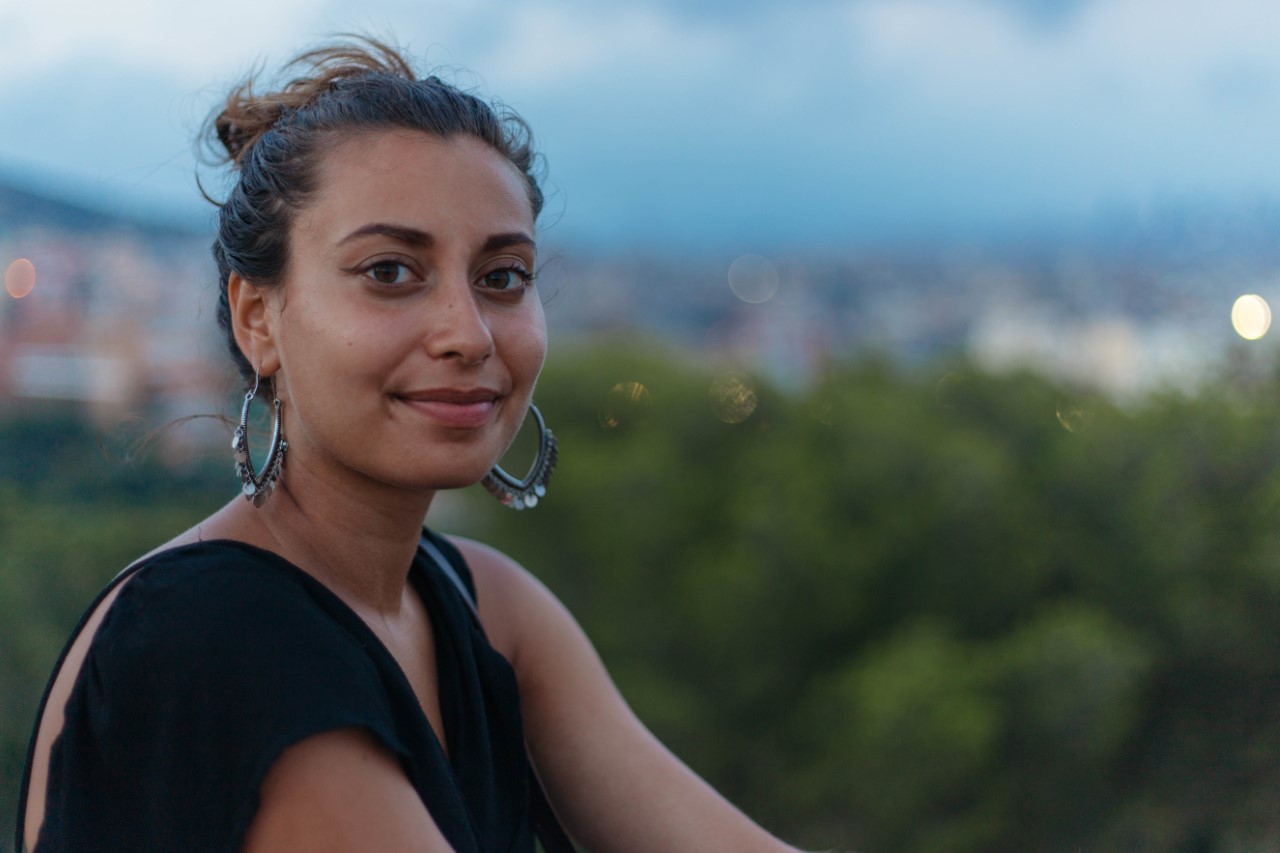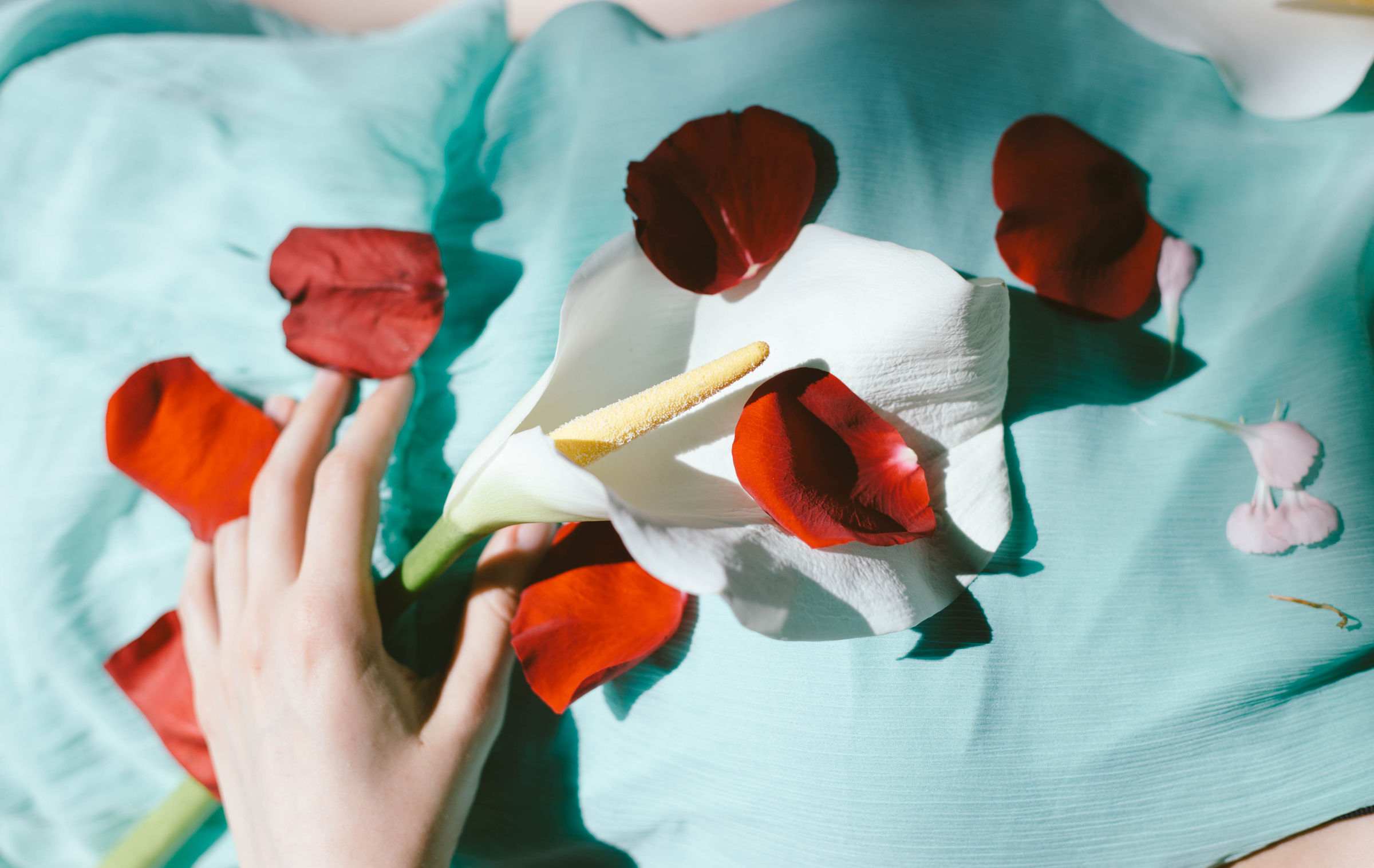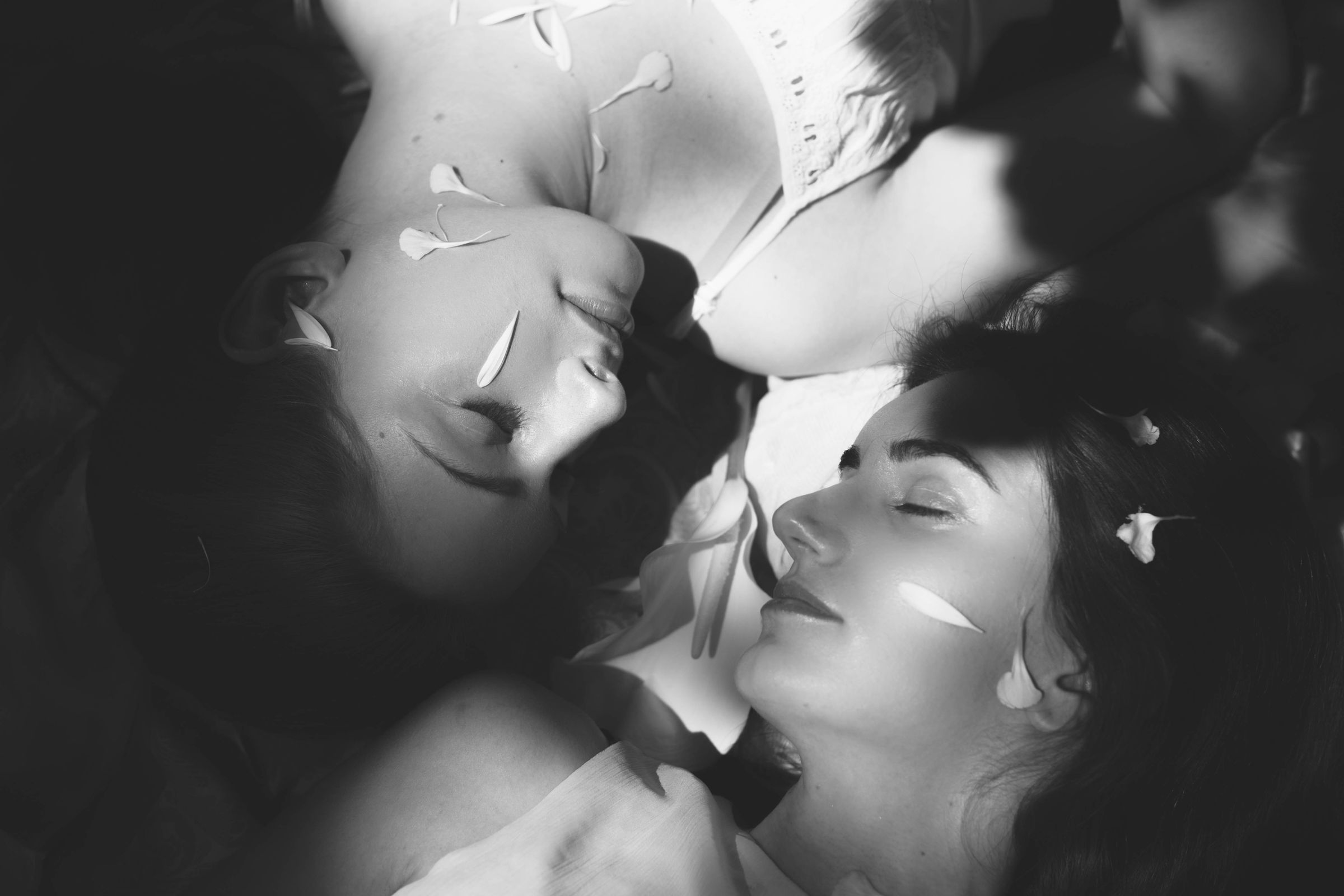Tackling FGM Through the Lens: Interview with photographer Lara Maysa Ingram
Lara Maysa Ingram is a freelance photographer and videographer who tells powerful stories of humanity with her artistic talents. Having recently worked for End FGM EU, she talks about addressing women’s rights through her lens.

“I grew up in Cairo, Egypt, a country that has the highest rate of FGM in the region, and where an appalling 99% of women have experienced some form of sexual harassment. So the issue of women’s rights and gender equality is one that has always hit, quite literally, close to home”.
It was this commitment to women’s rights that pushed Lara to pursue a Master’s degree at London’s School of Oriental and African Studies (SOAS) with a focus on Gender in the Middle East. “The course on gender in the Middle East was a real game-changer for me. It deepened my curiosity and passion for gender studies and gave me a much more nuanced understanding of a variety of social realities and conditions of women’s lives in the region. It was this understanding that really strengthened my drive to seek opportunities that empower women and ensure that, as an equal community, we become a stronger community.”

(End FGM photoshoot, photographer: Lara Maysa Ingram, Model: Diana Campillo)
Whilst Lara has always been politically-minded, she also has a strong creative side. Her bachelor’s degree, completed at the University of Sussex, Brighton, was in Media Studies and Film. Since then, she has been working as a freelance photographer and videographer, as well as on her own personal creative projects.
“From the beginning, film was always my main thing; I was making short films and directing school plays since I was in primary school. Photography came later. It started off being something I did because it was less time-consuming and somewhat ‘easier’ than making films. But out of that, this immense passion grew and now I gain such different experiences from my photography work and my film work and I cherish both mediums equally. When I first started freelancing as a photographer, the vast majority of my work was based around arts and cultural events, music festivals and so on. I still do this type of work today, but my personal projects are now what I give most of my time and energy to. Currently I am focusing on conceptual portraiture; trying to capture complicated themes and ideas in frames whilst leaving them open to interpretation”.

(End FGM photoshoot, photographer: Lara Maysa, Model: Diana Campillo)
Lara’s passion for portraiture stems from her desire to explore and capture what connects all of us and what makes us human:
“I’ve always conceived photography as a medium with immense opportunities: it can tell a story, it can expose an ugly reality or offer a slice of life that would otherwise pass by unnoticed. I’m fascinated by the human condition, relationships, dynamics, identity…I think all of these themes can be found in some form or another within my work, whether I have put them there intentionally or not. Photography for me is also a reflection of a world that I would want to live in, a projection of a world I want to embrace. This is why I am particularly drawn to working with those in the humanitarian and development fields. I strongly believe in the idea of ‘photography for a cause’, and this is my way of connecting my creativity with my passion for human rights and social justice issues”.
The World Health Organisation (WHO) has described FGM as a practice that “reflects a deep-rooted inequality between the sexes, and constitutes an extreme form of discrimination against women”. Over 200 million girls and women alive today have been cut and a further 3 million girls are estimated to be at risk each year (WHO, 2017).
“There is definitely a link between FGM and the control of women’s sexuality as well as gender-based social norms relating to ‘marriageability’. Centuries-old customs and taboos have perpetuated the practice despite the devastating and potentially life-threatening consequences. Sharing important visuals and images are definitely one way to address this, to at least start a conversation, raise awareness and improve education on FGM. Photography is also a way of drawing more attention to important projects, organizations and charities who are working tirelessly to combat such complex and deep-rooted cultural/social issues like FGM.”

Lara’s focus on women and gender extends to other projects, her latest and ongoing photography project, Femme, celebrates the diversity, realness and beauty of women and the female form:
“I was getting a little tired of seeing the same face and body types on Instagram and social media in general and I wanted to start a series of portraits of women that was less polished and perfect, more raw and real. I don’t strive for flawless skin and perfect pouts in my photos, I want stretchmarks, messy hair and a razor-sharp attitude. Women are beautiful in their natural forms and should be celebrated as such. I think increasingly more photographers and artists are challenging the ways in which society tends to perceive women, the standards of ‘beauty’ and the expectations women are often insidiously - or blatantly – pressured to live up to, but we clearly still have a long way to go. I feel like everyone has their own piece of the puzzle they need to share with the world to push for positive change, and visual storytelling is surely mine”.
Lara’s work can be found at soma-visions.com. Contact her at somavisions@gmail.com for collaboration enquiries, rates and conversations.
Find her work on social media: Facebook: https://www.facebook.com/somavisions/ Instagram: https://www.instagram.com/somavisionsphotography/
